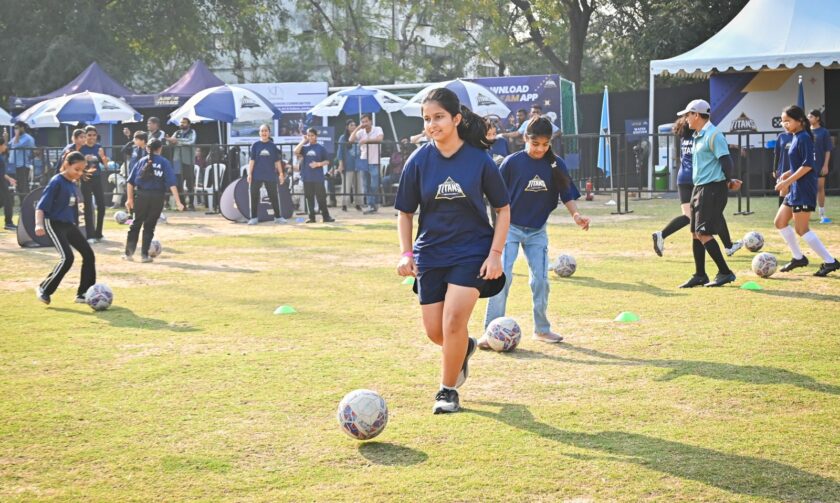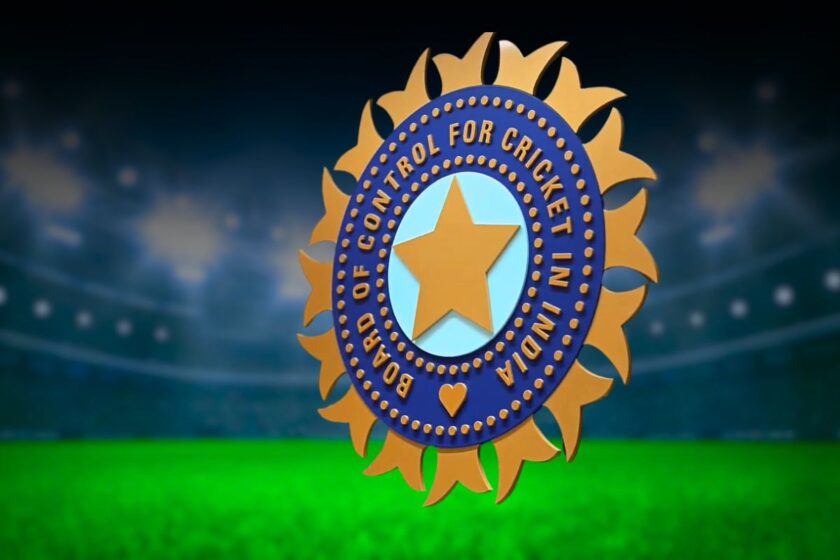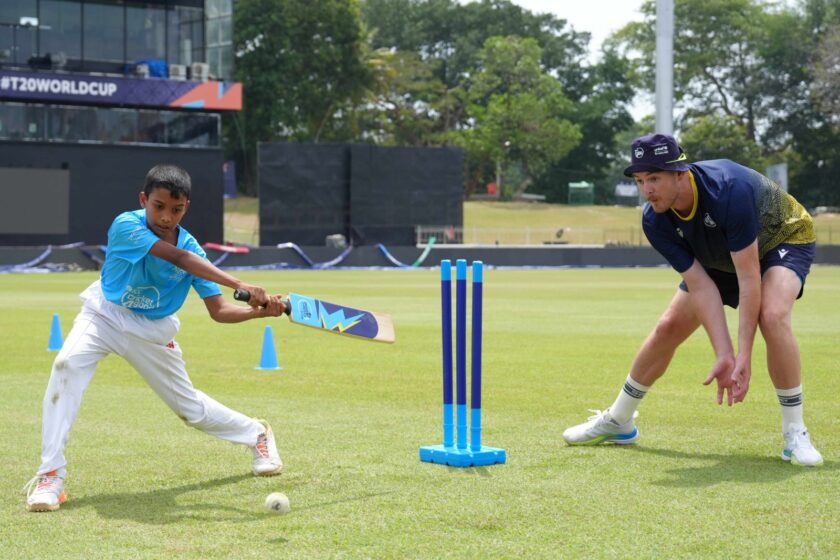New Delhi : As part of the centenary celebrations of Indian hockey, Hockey India is shining a spotlight on defining moments in the sport’s illustrious journey. In an exclusive conversation, former India Women’s Hockey Team captain Pritam Siwach reflected on one such milestone — the silver medal win at the 1998 Asian Games — calling it a “turning point” for women’s hockey in the country.
Speaking candidly about the significance of the moment, Pritam said, “We knew that for many of us, the 1998 Asian Games would be our last major event and that we would retire after that. We hadn’t won a medal in 13 years and didn’t want to retire without one. So, for two years leading up to the Asian Games, we focused on every little detail to ensure we returned with a medal.”
The silver medal in Bangkok not only fulfilled that collective dream but, according to Pritam, sparked a new era for Indian women’s hockey. “As soon as we won that silver, we knew it was the turning point. The graph has only gone upward since then,” she added.
The team’s success in 1998 set the stage for future triumphs, including a silver medal at the 1999 Asia Cup and the historic gold at the 2002 Commonwealth Games — achievements that redefined the landscape of women’s hockey in India.
Pritam also highlighted how the ecosystem has evolved since her playing days. “A lot has changed for the players. Today, the women’s team enjoys better facilities, a robust support system, and the benefits of sports science — elements that were not available to us. From physiotherapists to psychologists, the players now have access to a full range of professionals,” she said, applauding the efforts of Hockey India and government initiatives in building a stronger foundation for the sport.

As a mother and mentor, Pritam sees her role as more than just a former player. “I consider myself very lucky that my children are also playing hockey. Very few parents who’ve played at a certain level get to directly contribute to shaping the next generation,” she noted.
She remains optimistic about the future of Indian women’s hockey, especially with the grassroots structure gaining momentum. “If our men’s team can win an Olympic medal, so can our women’s team. Our next major target should be to win gold at the Asian Games and secure a direct qualification for the Olympics,” she asserted.
Through the Pritam Siwach Hockey Academy, she continues to play a pivotal role in developing young talent. The academy has produced top-tier players, including Olympians Neha and Nisha, and rising stars such as Jyoti, Sakshi Rana, and her daughter Kanika Siwach.
As India celebrates 100 years of hockey, voices like Pritam Siwach’s remind us of the grit, passion, and resilience that have powered the sport’s journey. Her legacy — on and off the field — continues to inspire a generation of players chasing Olympic dreams.









